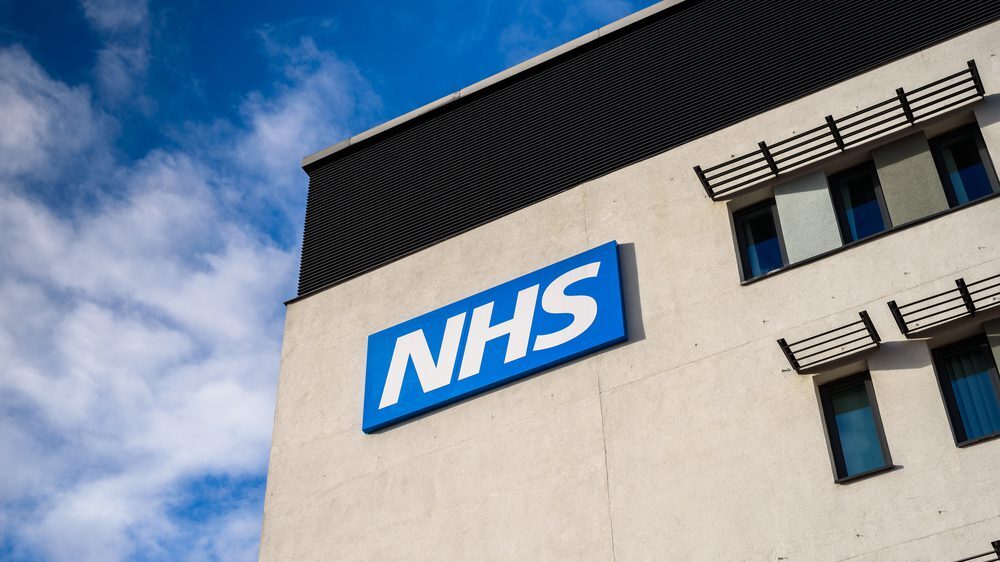
Photo: Marbury / Shutterstock.com
The UK National Health Service (NHS), often lauded as one of the greatest achievements of post-war Britain, has seen a number of strikes by healthcare workers over demands for higher wages as inflation has pushed up prices in the country.
While the UK government under Prime Minister Rishi Sunak has promised a 6% pay rise for healthcare workers this week, the figure is far below the 35% rise doctors have demanded from the government, the BBC reports.
The NHS now faces its longest doctors’ strike in history as junior doctors in England have promised to strike for five days from Thursday, July 13th to Tuesday, July 18th.
Health union officials have demanded the 35% pay rise and argued that the rise would simply put healthcare wages back in line with those seen in 2008 and noted how much inflation had eroded the wages of doctors and others.
Dr. Robert Laurenson and Dr. Vivek Trivedi of the British Medical Association (BMA) commented on the industrial action saying:
Today marks the start of the longest single walkout by doctors in the NHS’s history, but this is still not a record that needs to go into the history books. We can call this strike off today if the UK government will simply follow the example of the government in Scotland and drop their nonsensical precondition of not talking whilst strikes are announced and produce an offer which is credible to the doctors they are speaking with. The pay offer on the table to junior doctors in Scotland and how it was reached throws into sharp relief the obstinate approach being taken by the prime minister and the health secretary, Steve Barclay. The health secretary has said there can be no talks while strikes are planned—Scotland has proved him wrong. He said above 5% wasn’t realistic—Scotland proved him wrong. He refused to even acknowledge the concept of pay restoration—Scotland proved this is not only possible but essential.
UK Health Secretary Steve Barclay has called the 35% demand unreasonable and also claimed that the figure is simply not affordable, while Prime Minister Sunak has urged the BMA to call off the strikes.
“It is disappointing that the BMA is going ahead with further strike action. This five-day walkout by junior doctors will have an impact on thousands of patients, put patient safety at risk and hamper efforts to cut NHS waiting lists,” Barclay said.
“We were in discussions about pay and a range of other measures to improve the working lives of junior doctors until their representatives collapsed the negotiations by announcing further strikes. A pay demand of 35% or more is unreasonable and risks fuelling inflation, which makes everyone poorer,” he added.
Over 600,000 appointments have already been cancelled as a result of the strikes and only emergency care will likely be available to most people in England as senior doctors make up the shortfall in hospitals, where around half of the doctors are junior doctors.
The strikes also come as the NHS has seen record numbers of people waiting for treatments this year, with a report this week claiming that as of the end of May, around 7.74 million people across England were on wait lists.
The number of people waiting for treatment surged during and after the coronavirus pandemic, particularly in those waiting for treatment from 18 weeks to a year and those waiting over a year.
NHS nurses and other healthcare workers have already accepted a pay offer from the government which amounted to an initial 5% raise along with a cash top-up, although several unions, including The Royal College of Nursing, voted against the deal.
